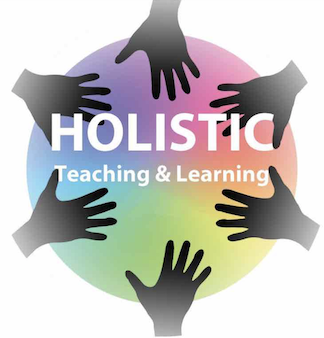Meditations on James Macdonald’s Transcendental Developmental Ideology of Education
Keywords:
James Macdonald, transcendental, centering, curriculum, meditationAbstract
Author’s Note: A slightly different version of this article was published 23 years ago in 1998 in the Journal of Curriculum Theorizing. This is to be read with the following article where the author reflects from a 2021 post-secular vantage point.
Most current educational systems are reflections of modern secular consciousness, characterized by rationality, individualism and rejection of religious/spiritual consciousness and/or insistence on its separation from public life. It assumes that rational thinking develops in stages and that “more developed” is better than “less developed” in individuals and cultures. This results in undervaluing children’s more sensory based, emotional, imaginative ways of knowing as well as the knowledge of indigenous cultures, including an ecological understanding of the interconnectedness of all life forms.
A rising post-modern consciousness asserts that many modernist assumptions are flawed and lead to an overdeveloped materialistic trajectory. Postmodernism questions modernism’s dependency on objectivist rationality by also valuing subjective ways of knowing and suggesting that accepted “reality” is socially constructed and reflects the views of those in power. Post-modernism rejects both scientific and religious truth claims, negating spiritual and religious views that posit an ultimate ground of being. The post-secular suggests that scientific and religious/spiritual consciousness can be reconciled; they operate at different levels of cognition and consciousness. By encouraging public dialogue about these differences, the post-secular provides a space that might ease current cultural and political tensions.
The post-secular implies that young people have a right to study and discuss diverse religious beliefs, including secular beliefs, without promoting or denigrating any of them. Also, they are entitled to learn about spiritual and contemplative ways of knowing, and to practice them if they choose to. James Macdonald’s (1974) transcendental educational ideology is an example of a post-secular curricular framework. It was inspired by Kohlberg and Mayer’s (1972) “Development as an Aim of Education,” in which they argued that progressivism was the best educational ideology for that time, after reviewing cultural transmission and romantic ideologies. Macdonald proposed two additional ideologies, the radical and the transcendental.
The radical emphasizes the influence of social forces on the developing mind, especially hierarchical dominance patterns embedded in culture and mirrored in educational systems, resulting in implicit and explicit racism, classism and sexism. The transcendental moves into a post-secular realm, positing a ground of being beneath the rational, accessible by religious/spiritual ways of knowing which Macdonald refers to as centering. A transcendental curriculum highlights many types of centering: meditative, mindful, reflective; emotional, imaginative, aesthetic, ecological and ethical. Its dual aim is personal enlightenment and social justice.





